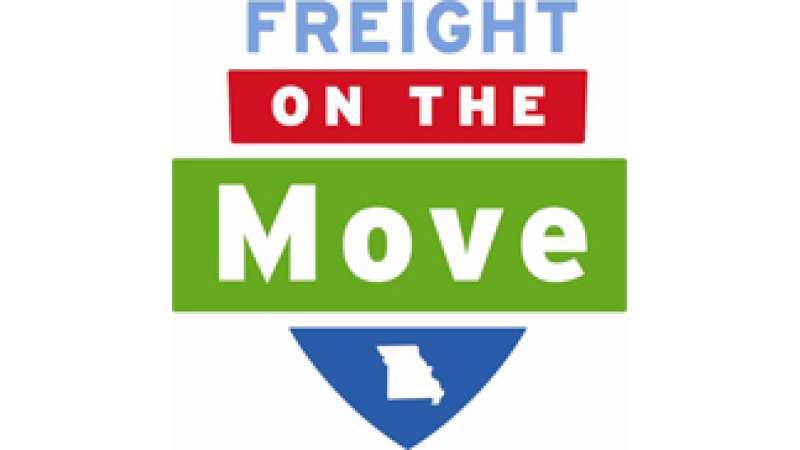MoDOT’s Southwest District has 21 counties covering more than 13,274 square miles. Residents of Missouri’s southwest region enjoy an excellent quality of life with the cost of living far below the national average, and good access to excellent hospitals, educational institutions and outdoor recreation. The region’s immediate proximity to major freight operations in Northwest Arkansas presents a unique dynamic for the area. Springfield and Joplin are the largest cities in the district. Top area industries include transportation/logistics, information technology, manufacturing and warehousing/distribution. Major employers include 3M, Bass Pro Shops, La-Z-Boy, General Mills, and Jack Henry & Associates and O’Reilly Automotive.
Freight moves by multiple transportation modes in the Southwest District. Major area roads include I-44 and I-49 as well as US-54, US-60, US-65, US-160 and US-166. Regional airports include Clinton Memorial Airport, Joplin Regional Airport and Springfield-Branson National Airport. Major rail access is provided by Arkansas & Missouri, Burlington Northern Santa Fe, Canadian Pacific Railway, Kansas City Southern and Missouri & Northern Arkansas.
Southwest District Insights
What are the most important issues, needs and concerns for freight movement in the Southwest District? Here is what we have heard during listening sessions so far:
- Interstate capacity upgrades are needed. Many stakeholders suggested adding lanes to I-70 and I-44. “I-44 is aging out and will need additional capacity as the population increases in the region.” Congestion on these interstate corridors is a top concern for many, especially in urban areas. One stakeholder recommended completing I-49 to the Arkansas state line.
- Motor carrier accommodation and recruitment is a high priority in this district. A recurring theme from stakeholders is the need for better accommodations for motor carriers, such as improved and larger rest areas. In addition, stakeholders are interested in motor carrier recruitment, driver training programs for the general public to increase safety on roadways, and less regulation on drivers.
- Funding programs for freight should be flexible so each district can target their specific needs, regardless of mode.

